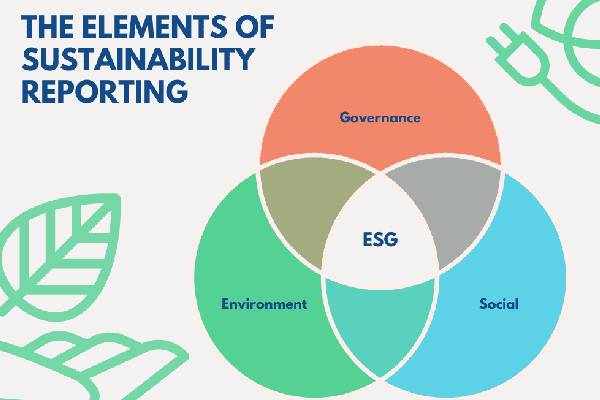In recent years, sustainability reporting has become an essential part of corporate governance and accountability in Australia. As businesses face increasing scrutiny from regulators, investors, consumers, and communities, transparent and consistent sustainability disclosures have emerged as a critical tool for demonstrating environmental, social, and governance (ESG) performance. Australia, like many other developed nations, is moving towards a more standardized and mandatory framework for sustainability reporting, aligning with global trends and climate-related disclosure requirements.
What Is Sustainability Reporting?
Sustainability reporting refers to the practice of disclosing an organization’s environmental, social, and governance impacts and performance. It allows stakeholders to assess how a company is managing its risks and opportunities in areas such as climate change, resource use, diversity and inclusion, human rights, and ethical governance.
Common frameworks used globally include:
- Global Reporting Initiative (GRI)
- Sustainability Accounting Standards Board (SASB)
- Task Force on Climate-related Financial Disclosures (TCFD)
- Integrated Reporting () Framework
The Australian Landscape
Current State
Australia has seen rapid growth in ESG reporting over the past decade, with many large companies voluntarily adopting global standards. According to the Australian Council of Superannuation Investors (ACSI), over 90% of ASX200 companies now publish some form of sustainability or ESG report.
However, the quality, consistency, and comparability of these reports have varied significantly due to the lack of a uniform regulatory framework — until recently.
Regulatory Developments
In 2024, the Australian Government, through the Treasury, proposed mandatory climate-related financial disclosure requirements for large businesses and financial institutions, aligning with international standards such as the ISSB’s (International Sustainability Standards Board) frameworks and the TCFD.
Key elements of the proposed legislation include:
- Mandatory climate risk disclosuresstarting from 2025 for the largest entities.
- Phased implementationbased on company size and industry.
- Assurance requirementsto ensure the accuracy and reliability of disclosures.
This move signals a significant shift from voluntary to mandatory sustainability reporting, encouraging greater transparency and long-term thinking in corporate strategy.
Industry Trends and Best Practices
Australian companies are increasingly integrating ESG considerations into their business models. Trends include:
- Net-zero emissions targets, often with 2030 or 2050 goals.
- Sustainable finance, including green bonds and ESG-linked loans.
- Circular economy initiatives, reducing waste and increasing resource efficiency
- Stakeholder engagement, particularly with Indigenous communities and local stakeholders.
Leading Australian companies such as BHP, NAB, and Telstra are recognized for their comprehensive ESG disclosures and commitment to sustainable development.
Challenges Ahead
Despite progress, several challenges remain:
- Data availability and quality: Many companies struggle with collecting reliable ESG data, especially across complex supply chains.
- Reporting fatigue: Multiple overlapping frameworks can lead to confusion and increased reporting burdens.
- Greenwashing risks: Without proper verification, some disclosures may exaggerate or misrepresent sustainability efforts.
- Skills gap: There is a growing need for ESG-literate professionals to guide strategy and reporting.
The Path Forward
For sustainability reporting in Australia to mature, several steps are essential:
- Regulatory clarity and consistency: Streamlining frameworks and aligning with global standards will reduce confusion and improve trust.
- Capacity building: Investing in training and upskilling for boards, executives, and sustainability teams.
- Digital innovation: Leveraging technology for ESG data collection, analysis, and visualization.
- Stakeholder collaboration: Engaging with investors, regulators, Indigenous groups, and civil society to ensure inclusive and relevant reporting.
Conclusion
Sustainability Reporting Australia is at a pivotal moment. With mandatory climate disclosures on the horizon and increasing stakeholder expectations, businesses must embrace transparency, accountability, and long-term thinking. As Australia aligns itself with global ESG standards, sustainability reporting will not just be a compliance exercise, but a strategic imperative shaping the future of responsible business.
